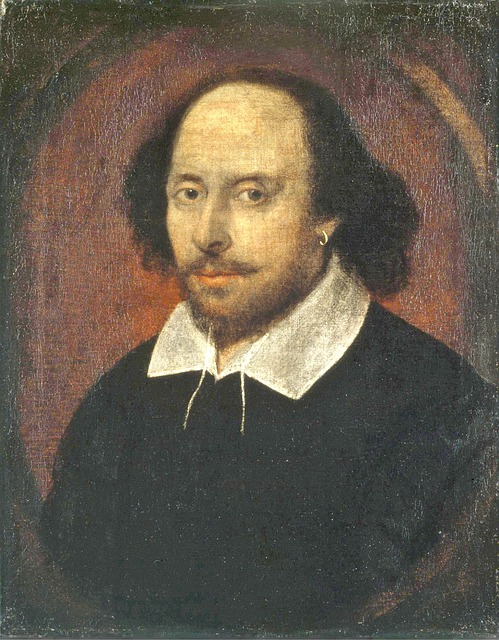Difference between revisions of "Natural History at the Horniman Museum"
From Londonhua WIKI
Ekmceachern (talk | contribs) |
Ekmceachern (talk | contribs) |
||
| Line 25: | Line 25: | ||
=Background or Origin of Article= | =Background or Origin of Article= | ||
<br> | <br> | ||
| − | + | The gallery was opened in 1901, and its design was inspired by the Arts and Crafts movements of the time period. Many of the original parts of the exhibit remain, including many of the skeletons, taxidermy animals, and animals preserved in fluid. The exhibit even includes a walrus that was collected over 100 years ago, like many of the specimens in the collection. The displays cover a wide range of topics in Natural History, such as evolution and adaptation to the world but also thinks like the effects of selective breeding and domestication. | |
<br><br> | <br><br> | ||
==Use Subsections Headings== | ==Use Subsections Headings== | ||
Revision as of 10:05, 22 May 2017
Contents
Natural History Exhibit
 Representative Article Image | |
| The Chandos Portrait of William Shakespeare | |
|---|---|
| Artist | Attributed to John Taylor |
| Year | c. 1600s |
| Dimensions | 55.2 cm × 43.8 cm ( 21 3⁄4 in × 17 1⁄4 in) |
| Location | National Portrait Gallery, London |
Overview
The Natural History exhibit at the Horniman Museum aims to show how human lives are linked to the nature of Earth. It also attempts to display the diverse wildlife of the world. The creators of the gallery hoped that through the exhibit people would become inspired by nature. The gallery has been open since the early 20th century and has remained almost unchanged since then.
Background or Origin of Article
The gallery was opened in 1901, and its design was inspired by the Arts and Crafts movements of the time period. Many of the original parts of the exhibit remain, including many of the skeletons, taxidermy animals, and animals preserved in fluid. The exhibit even includes a walrus that was collected over 100 years ago, like many of the specimens in the collection. The displays cover a wide range of topics in Natural History, such as evolution and adaptation to the world but also thinks like the effects of selective breeding and domestication.
Use Subsections Headings
Organize each section of this article so that it has a logical flow. If you intend to discuss one aspect of the origin of a person, place, thing, or idea, identify the appropriate existing section of the article, or create that section if it doesn't exist. Then, make a clear subheading. If you notice that some other information is not organized clearly, rearrange the information, but do so cautiously and responsibly! The goal here is clarity for the reader.
Add links to other articles, but do not link to personal student profile pages or milestone pages. Add media as needed in the appropriate sections.
References
If appropriate, add a references section
External Links
If appropriate, add an external links section
Image Gallery
If appropriate, add an image gallery